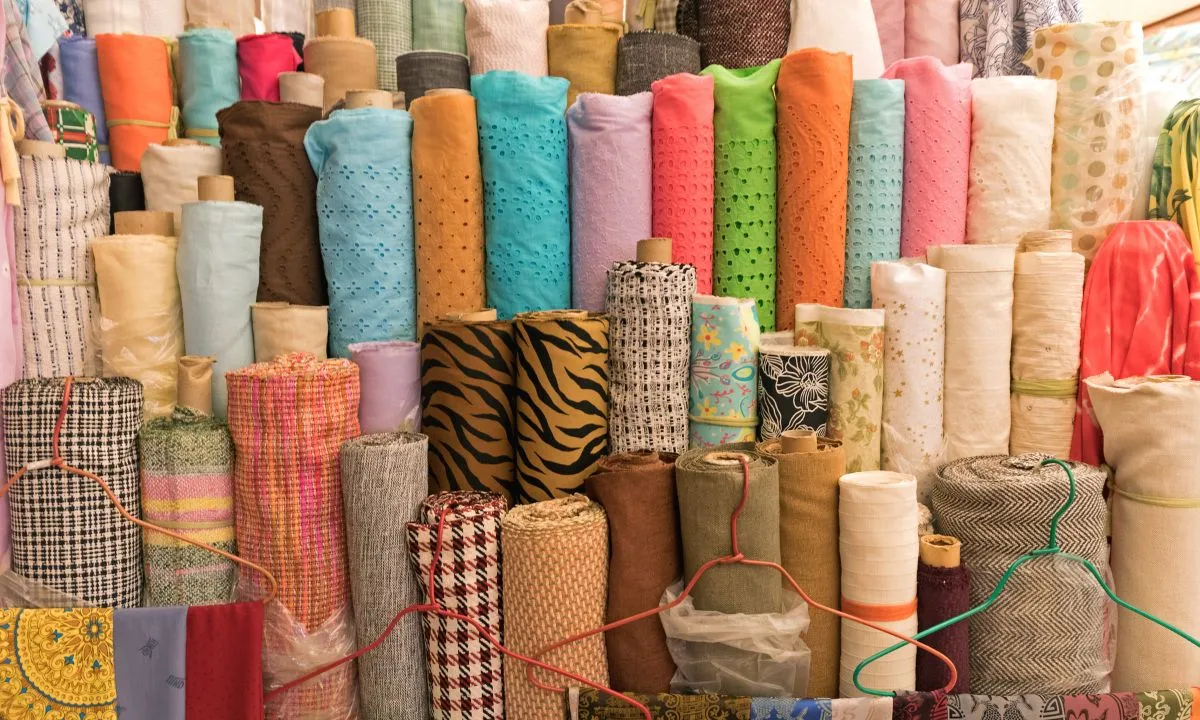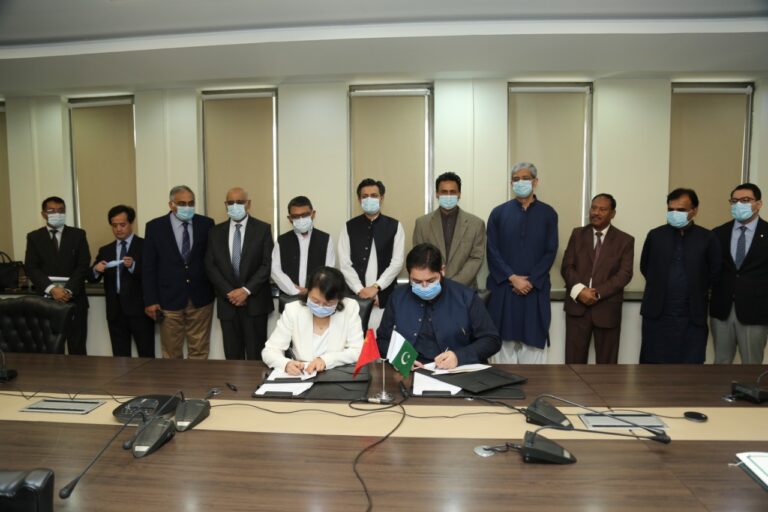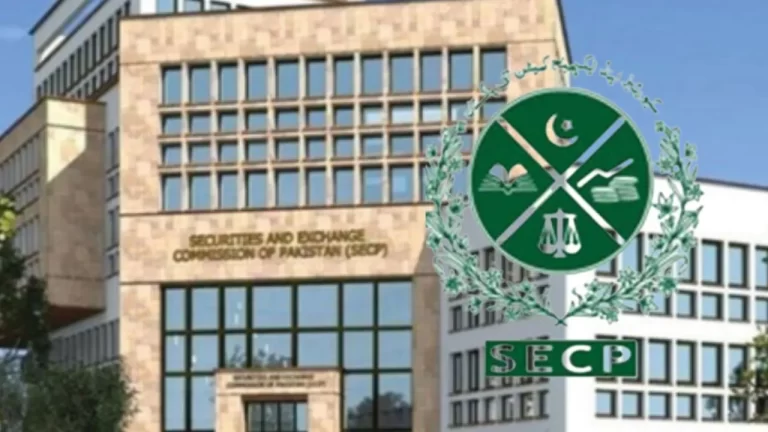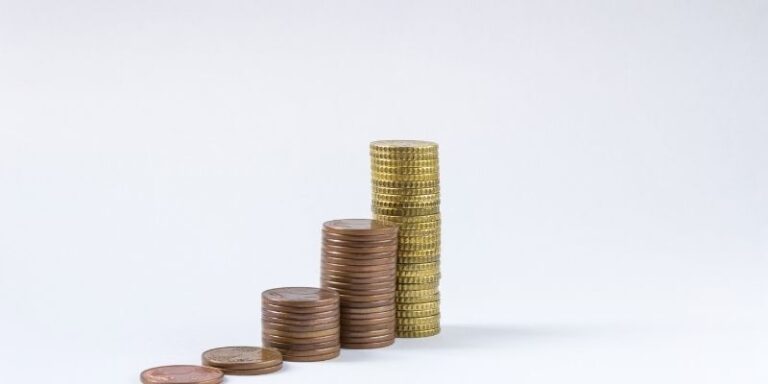APTMA Warns Against Tax, Energy Increases in IMF Talks
Staff Report
Textile millers have cautioned the government to avoid an increase in taxes and energy rates during negotiations with the International Monetary Fund (IMF) for another long-term plan.
As the country heads towards negotiating another IMF program, the All Pakistan Textile Mills Association (APTMA) has called on the government to make export-oriented policies by reducing energy prices and tax rates to make it competitive in the global market.
In a letter to Finance Minister Muhammad Aurangzeb, textile millers said that as the country heads towards negotiating another IMF program, a fundamental reform required is to foster an export-centric culture across all sectors of the economy.
They asked to keep in mind the essential need to develop and expand exports.
This will go a long way in alleviating one of Pakistan’s most pressing issues: a chronic shortage of foreign exchange.
According to the IMF’s estimates, Pakistan’s gross external financing requirements stand at over $25 billion annually for the next 5 years.
Three sources of foreign exchange to meet these requirements are through foreign borrowing, remittances, or exports—the latter being the most sustainable, resilient, and inclusive.
However, they said that exports cannot thrive under prohibitive anti-export policies that have been implemented over the past year and beyond.
They added that high taxes and persistent delays in refunds had caused problems for liquidity from manufacturing sectors that represent only about 20 percent of GDP.
Adding fuel to the fire, power tariffs for industrial consumers have skyrocketed to over 17.5 cents/kWh—over twice the regional average—while gas prices have also increased by 223% since January 2023.
These energy prices had left no financially viable source of energy for manufacturing activities in Pakistan.
They said that having learned lessons from past IMF programs, raising power tariffs beyond affordability has proved completely counterproductive and has been unable to yield the desired effects as the power sector’s circular debt continues to grow.
Instead, the prohibitive cost of energy has rendered manufacturing activities financially unviable, forcing a drastic reduction in industrial energy consumption. For instance, just looking at APTMA (North) members—whose data is available to us—power consumption is down by around 70 percent YoY.
The revenue decrease caused by this volumetric decline in consumption has more than offset any gains from higher power tariffs, such that the net effect on power sector revenue has been negative.
Moreover, industrial consumers are major contributors to power sector fixed costs.
As their consumption declines, the fixed costs need to be spread over a smaller pool of consumption, thus necessitating higher power tariffs for all other consumers, as reflected in unusually high quarterly tariff adjustments, which stood at Rs. 7.5/kWh for FY24Q2,” millers said.
Pakistan has various competitive advantages in the form of low-cost labor, favorable foreign market access, and in the case of textiles—domestic cotton production. Textile Exports up 3% in March 2024
However, millers said that these advantages are overshadowed by a prohibitive tax regime, high energy prices, interest rates, inflation, and overall instability and uncertainty—all key indicators that inform investment decisions.
Pakistan has the highest corporate tax rates in the region. These should be rationalized to regionally comparable levels to incentivize investment in productive activities,” textile millers said.
According to our estimates, power tariffs of 9 cents/kWh could increase power consumption in just the textile sector by up to 1,530 MW/annum to bring in an additional $1.06 billion in power sector revenue, around $9 billion/annum in additional exports, and an addition of over $513 million to government revenue through various channels,” they added.








